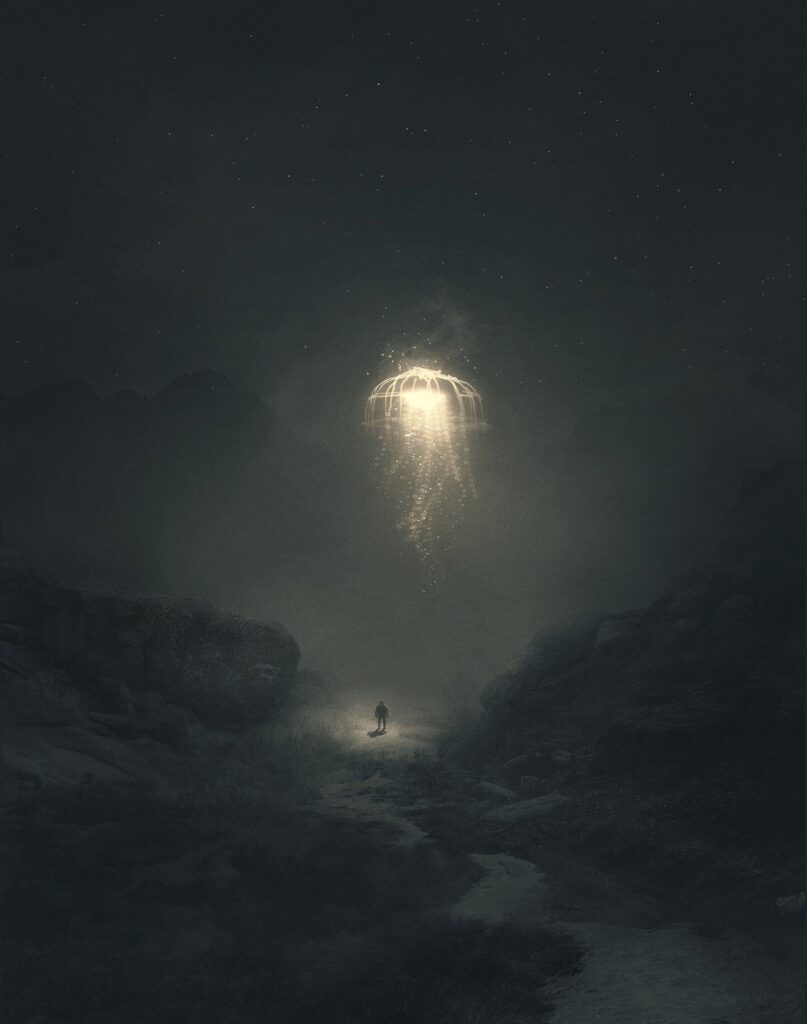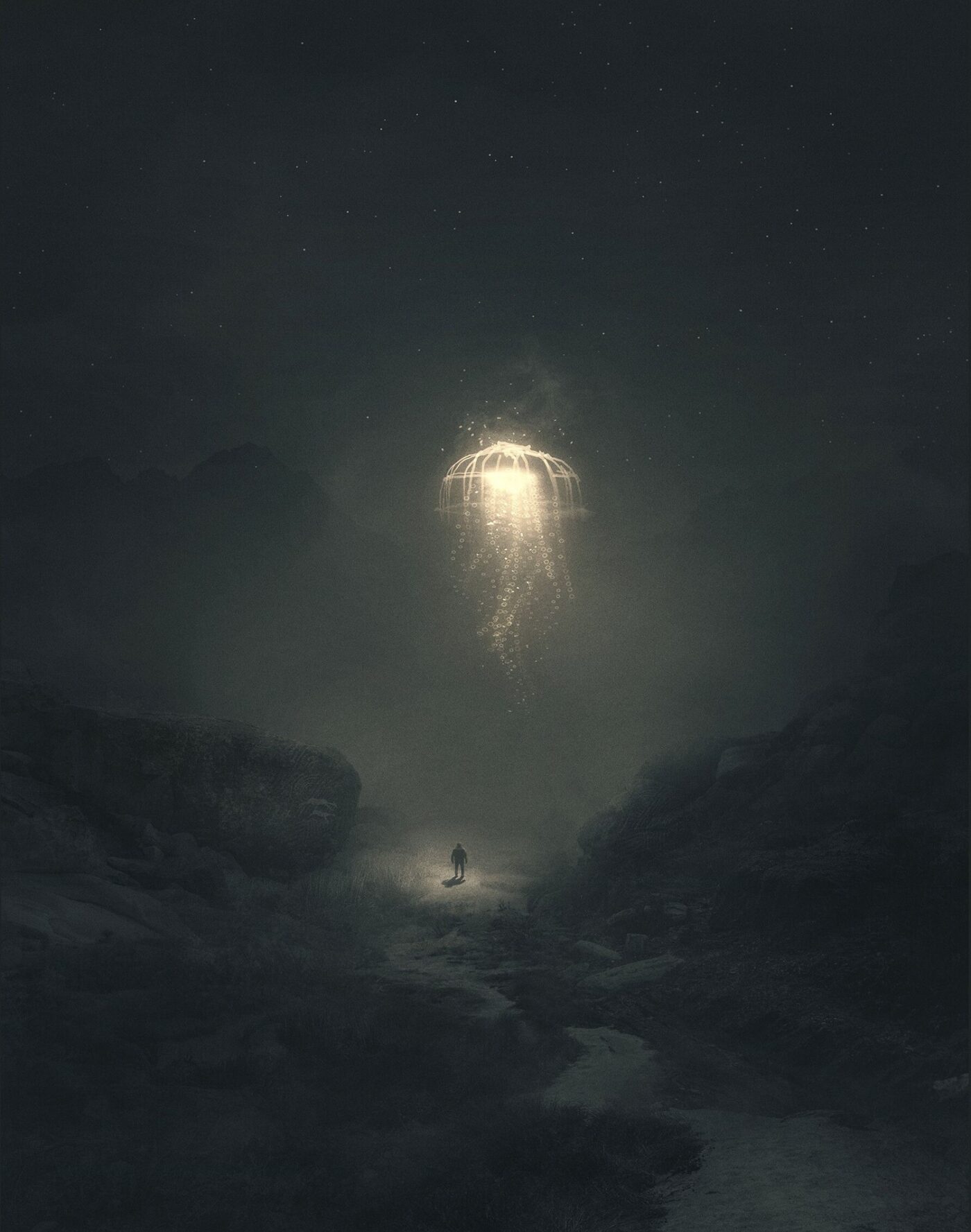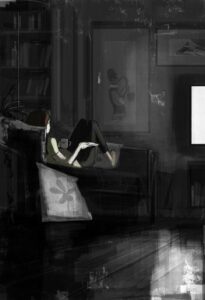
Who was Franz?
Leading to and sensitized by the devastating manslaughter and political conundrum that marred human goodwill in World War 1 arose a deviation from formulaic concoctions of the safe and trend-affirming overtly poetic literature.
It brooded a change in self-reflection and a stream of consciousness which was translated to prominence through flawed, fallible narrators.
This Modernist movement promised an inevitable catharsis, allowing writers to bleed themes of guilt, punity and repression between their pages.
Self-acceptance has not been a constant in the history of literature.
A collective affirmation to distance from the decrepit perceptions of the disillusioned past birthed it. It birthed honesty. It birthed what we now call: Literary Realism.
In this lies stories on political causes. In this lies the unapologetic intricacies of a common working man’s life. In this lies the hopes and dreams of the herd that travails.
All stand for facts, not fancy.
Under this newfound purpose, the world saw many impressionable artisans like William Howells and Émile Zola pen their cause, bending genres and our imagination as we know it today.
Yet between the gritty circumstances by writers like Fyodor Dostoevsky and the fantastic looms of Gabriel Márcquez, thumped a shrivelled, self-deploring heart.
The heart of the unmistakable Franz Kafka.
Franz Kafka-
Born in 1883 in Prague to a family of middle-class Jews, Kafka spent his early childhood in circumstantial isolation, often lonely due to his limited exposure to his working parents.
His father, Hermann Kafka, and his treatment of Franz condensed the feelings of self-loathing and meekness that Kafka shed till his ending works.
His descriptions conjure up a father figure of coveted conduct and dominant intellect, with a masculinity that donned an eye for success only.
None of which Franz, in his belittling reminders and dejected desires, could ever associate himself with.
Although elementary and secondary schooling nurtured a German proclivity around Kafka, he was still fond of Czech. Academically prospering, but never personally confident in the language.
After educating out, he deliberated to pursue law, which was also conditioned by his father’s authoritative eye and belief in the field’s prospects.
It landed him jobs and working conditions he always saw as existential hindrances.
Whatever workly sparings he could squeeze out of them, he primarily dedicated them to literary exploration and writing.
It was an aspect of interest he uncompromisingly placed in his routine, be it late-night jolts of succumbing creativity or persistent services to his works. Thus, his best creations to date have been fostered between the menial drudgeries of daily work.
Kafka gave due credit to his personal attractions and was sometimes even fanatic in his pursuits of cultural crafts. He slogged six months in immersed fascination to learn Yiddish after being ravished by a touring theatre troupe.
Even with his college, he thought the long duration of the course would ultimately aid his delineation.
Friends helped him expand his bounds, one in particular, Max Brod. A man of similar interests and delicate reception for Kafka, whom he befriended at the end of college’s first year.
Max formed ‘The Close Prague Circle,’ including Kafka, Egon Kisch and other writers as a German-speaking Modernist group. They pushed each other to venture into pursuing popular literature and reading works of Plato and Flaubert on each other’s initiative.
A regular collegiate bond was transfigured into a lifelong, symbiotic relationship, as is apparent by the sympathetic descriptions of Kafka’s sexual follies and diseases by Brod.
‘Tortured by sexual desire,’ a phrase used by Brod, aptly explained the tumult Kafka experienced with his borderline decadent urges, which also linked to his underconfidence in marriage.
Even with whatever mental proportion Kafka leased to his predilections, He was still a very professional, sound and revered employee in the job he hated.
His unprecedented attribution protected him against enrollments, even against his might to serve.
Acknowledged as an essential government necessity to the insurance establishment, he was cared for and rapidly promoted.
Kafka’s critical eye for claims diversion with his stitched competent reports was an asset.
Yet this satisfactory steering was still viewed by his father as a mere ‘Bread Job.’
A detestable realisation for Kafka.
His father’s ego was an insatiable pit he could never fill.
Kafka is considered to be one of the greatest literary geniuses of the last century. He is still deciphered avidly, not a pioneer, or a provenance, just a troubled human trying to justify his might till the ink turns ugly.
His writings hold a candle illuminating desolate worlds, collapsing worlds where terror clenches to the rationale and no moral beliefs can shield from the morbid doom.
Each story by Kafka carries its guilt, efforting for deliverance before the texture thickens to vacuum.
Seeking for resolutions, his are not stories but beautifully contrived thoughts written convincingly enough to forge fictional separation.
There is little place for one to figure out and control the disfigured narratives he spins while reading, so all that he lends the reader is the authority to offer empathy, and perhaps that is what Kafka always wanted.
His works are what eternalize him and his legacy,
So the story of Kafka, one might say, yet floats incomplete.
Written by Sidhant Tomer for MTTN
Edited by Nishant Choudhary for MTTN
Featured Artwork by Dawid Planeta
Artwork by PascalCampion


Leave a Reply
You must be logged in to post a comment.